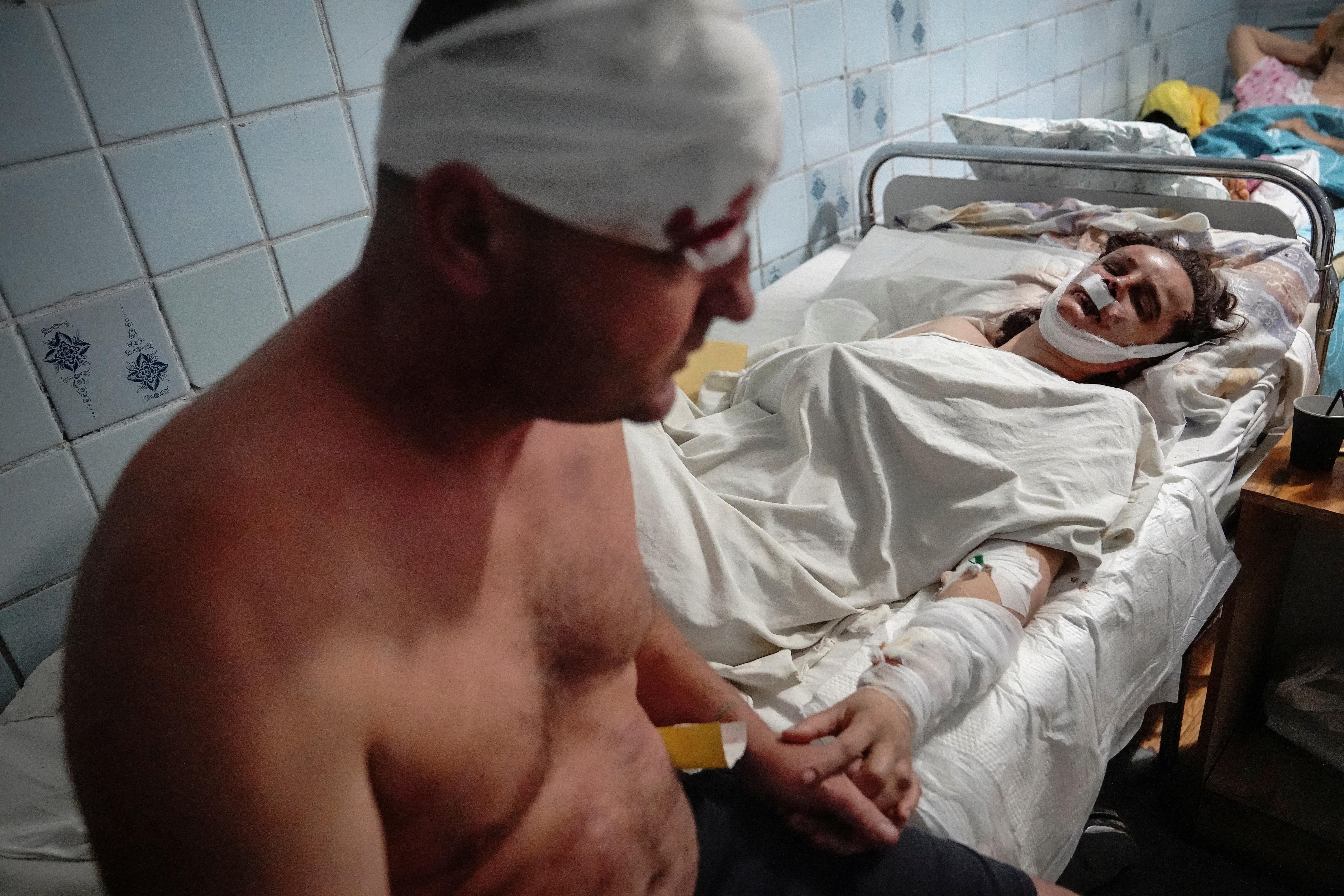Hard Numbers: Russia says “mea culpa”, Saudis stiffs Yemen, Sturgeon floats 2nd vote, Maxwell faces 20 years, Notre Dame goes green
20: In a rare “mea culpa,” Russia claimed responsibility for the missile strike that Kyiv says killed at least 20 people in a Ukrainian shopping mall on Monday. The catch? Moscow says what really happened is that the missile hit a munitions facility that exploded next to the mall.
3 billion: The internationally recognized government of Yemen is still awaiting the arrival of $3 billion in economic support that was recently pledged by Saudi Arabia and the UAE. Meanwhile, the Yemeni currency continues to plummet as the war-torn country tries to solidify an April ceasefire.
2: Let’s do it all again! Scottish First Minister Nicola Sturgeon has begun the process of holding another referendum on independence from the UK in October 2023. She’s asked the UK Supreme Court to rule on whether the vote can go forward without permission from British Parliament. In a 2014 vote, 55% of Scots opposed independence, but Sturgeon hopes that Brexit and the unpopular Boris Johnson have changed Scottish minds.
20: Former socialite Ghislaine Maxwell was sentenced to 20 years in prison for trafficking four teenage girls for sexual abuse by Jeffrey Epstein. Maxwell’s lawyers say they will appeal. Maxwell and Epstein’s connections to many prominent US and European politicians have raised the specter of potential bombshell revelations — but so far none has emerged.
53: Three years after a fire gutted the Notre Dame cathedral in Paris, the city government has approved a $53 million makeover that aims to speed the flow of tourists through the iconic building and – checks notes – fight climate change?
